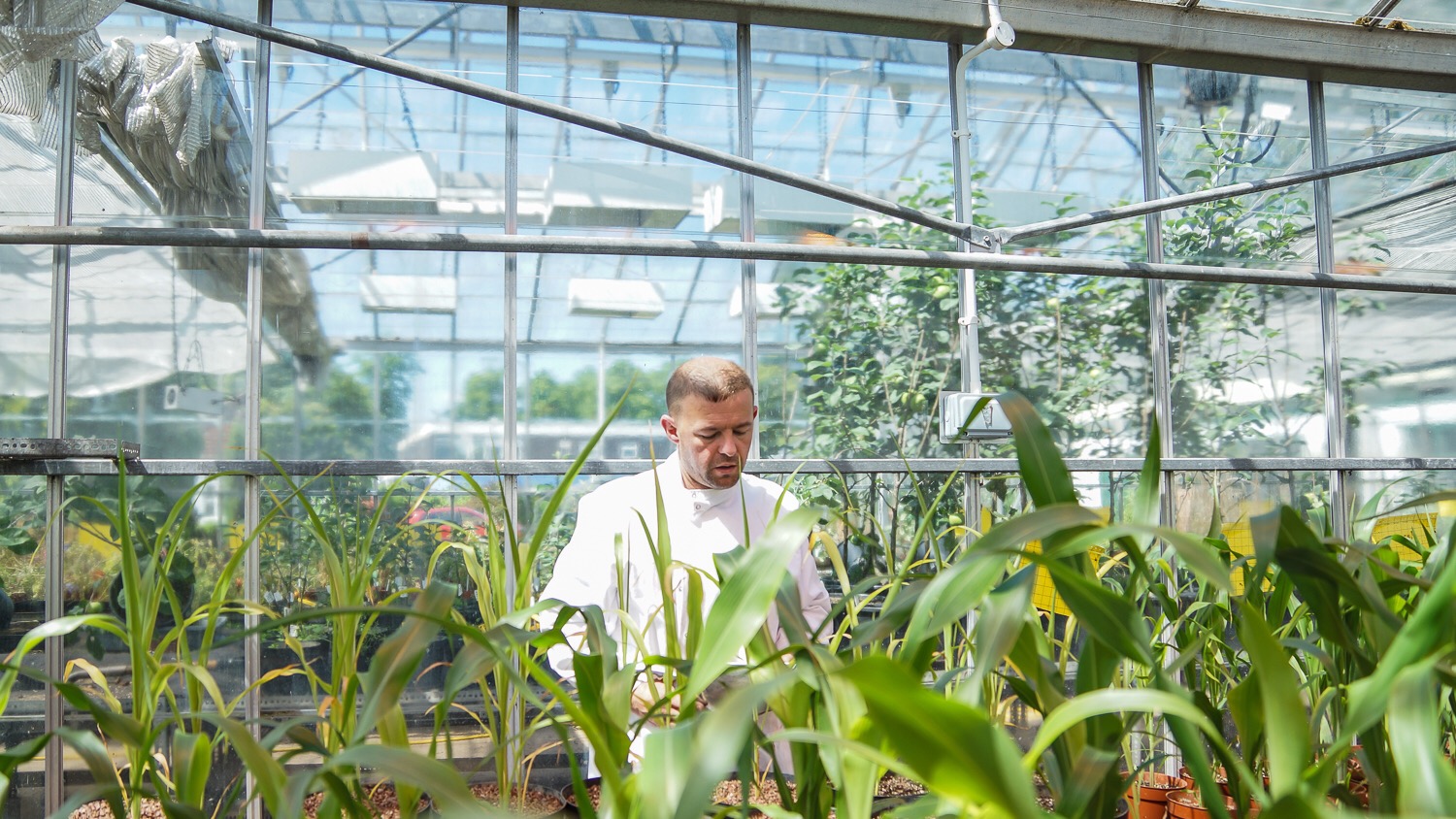As part of Manchester’s year as the UK’s first European City of Science, a free week-long festival, Science in the City, will celebrate the wonders of science from 22-29 July. Timed perfectly to kick-start the summer break, there’s plenty to keep children busy at the beginning of their summer holidays.
More than 40 free pop-up public events in unusual places will bring science to life across Manchester city centre. To run alongside the EuroScience Open Forum (ESOF), the Science in the City festival is designed to engage and inspire everyone, from the next generation of scientists to anyone of any age with an interest in the world we live in.
At the Science in the City festival base, located at Manchester Metropolitan University’s Number 70 Oxford Street, there will be free informal talks, discussions, debates and workshops with scientists and technologists from different disciplines. There will also be Royal Society talks by biologist, Professor Kathy Willis and British environmental journalist, Gaia Vince.
Venues across the city will also be hosting events including Manchester Arndale, Museum of Science and Industry, John Rylands Library, Royal Northern College of Music, Manchester Museum, Royal Exchange, Portico Library, Manchester Cathedral, HOME and Central Library.
Highlights include the Allotment of the Future and the Climate Change Café in St Ann’s Square, where people can take part in experiments, tastings and conversations about the science of food and the future. Science of Me will look at different ways people can explore the self through science including ageing and human performance whilst the University of Manchester will open its doors to the public, allowing visitors to see Behind the Scenes of Manchester Science with two days of tours and activities.
Other elements of the programme include the Manchester Robot Orchestra, The Mars Society’s first UK University Rover Challenge taking place in Cathedral Gardens, Tiny Science – events for younger children – and Science Lates which includes Women in Science and after hour’s events at the Museum of Science and Industry and Manchester Museum. Together they reflect the diversity of the programme which aims to make science accessible to all.
Professor Danielle George, Professor of Radio Frequency Communication Engineering at The University of Manchester and currently leading the Manchester Robot Orchestra project, said: “Manchester is a city built on science, it is the place where the industrial world began. Manchester is now building itself, once again, as a global city of science and this summer’s Science in the City festival – taking place during the EuroScience Open Forum – is a fantastic opportunity to promote this message. The festival programme is packed with activities to make people look, listen and learn about science and, for me, it will be an exciting opportunity to see young people inspire and be inspired by the ideas and discoveries that are changing our world for the better.”
Dr Annie Keane, Director of the European City of Science Programme said: “To celebrate Manchester’s designation as European City of Science, we’re working with partners to put on a jam-packed festival programme that will inspire a new generation of researchers, creators and inventors. By bringing science to shopping centres, public buildings, open spaces and squares we want to encourage people to explore how science connects to their lives now and to imagine how it might in the future.”
The festival has its very own app created by the University of Salford that tells people what’s on and where, using ‘walk-past’ technology. It includes content about the city’s past and present achievements in science and technology which is presented through an exciting blend of audio, video and virtual reality.
London-based artists Di Mainstone was chosen as European City of Science Artist in Residence following an open call to artists with submissions judged by Fiona Gasper from Manchester International Festival, Maria Balshaw from the Whitworth art gallery and Dave Moutrey from HOME. Her work, Sensory Soundpit, involves an audio-visual display inspired by the artist’s current research into the ways in which the brain responds to sound
Throughout the week there will be performances of Human Sensor, a ground-breaking art commission by media artist, Kasia Molga, who has designed a highly specialised piece of wearable technology that lights up dramatically in response to the wearers breathing and air pollution data.
Other arts events include Science Friction – a collection of films at HOME that explore science and scientific discoveries – and Science Meets Poetry where five local poets have been paired with scientists from across the EuroScience Open Forum programme to create a series of new collaborative performance pieces that will be performed at the John Rylands Library.







